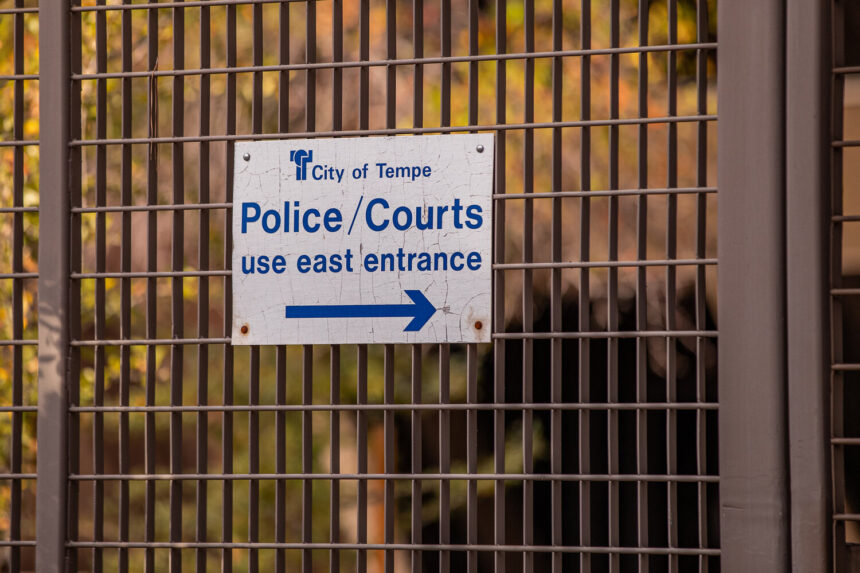When discussing the use of the military in domestic law enforcement, the debate is often framed as a choice between security and individual liberties in high-crime areas. Proponents of military policing say it decreases crime, while opponents say it increases human rights abuses.
Prior to this, there has been a dearth of high-quality studies offering evidence in favor of either side.
Neither did the military intervention in Cali, Colombia, lead to an increase in human rights abuses, according to research led by Rob Blair, an associate professor of political science at Brown University’s Watson Institute for International and Public Affairs.
The study, which was published in Nature Human Behaviour, raises doubts about the usefulness of military policing and hints that the costs may outweigh the benefits.
To begin, the city set up a kind of randomized trial, spreading out the deployment of military patrols across a wide range of locations and times. Researchers collaborated with Cali city police to obtain data from the coroner’s office and other sources, documenting the true extent of violent crime and its effects in the city before, during, and after the interventions were implemented. (Blair argued that not all victims of crime report them to the police, so the numbers may be off.)
During and after the intervention, the research team distributed two surveys to a total of about 10,000 locals.
In their comparison between patrolled and unpatrolled areas, the researchers found no significant difference. In other words, the research team found little evidence that Plan Fortaleza had significantly reduced crime rates, despite the claims of city officials.
Blair also claimed that there was scant proof new human rights abuses had been initiated in Cali as a result of the intervention. Reports from the attorney general’s office were reviewed, as were the civilian monitors’ first-hand accounts of events. Neither of the two sources examined by the team revealed any instances of abuse or misconduct on the part of service members.
According to Blair, the surveys do provide evidence of an increase in human rights abuses by police. He did note that it was unclear whether the increase in arrests was due to the increased military presence or whether it reflected an actual increase in police abuse.
“If anything, we find that military policing probably exacerbated crime after the intervention was complete,” the authors explained in their findings. “We also find evidence of increased human rights abuses in our survey data (though not in the administrative data or in the firsthand observations of civilian monitors), largely committed by police officers rather than soldiers. We argue the benefits of military policing are probably small and not worth the costs.”


